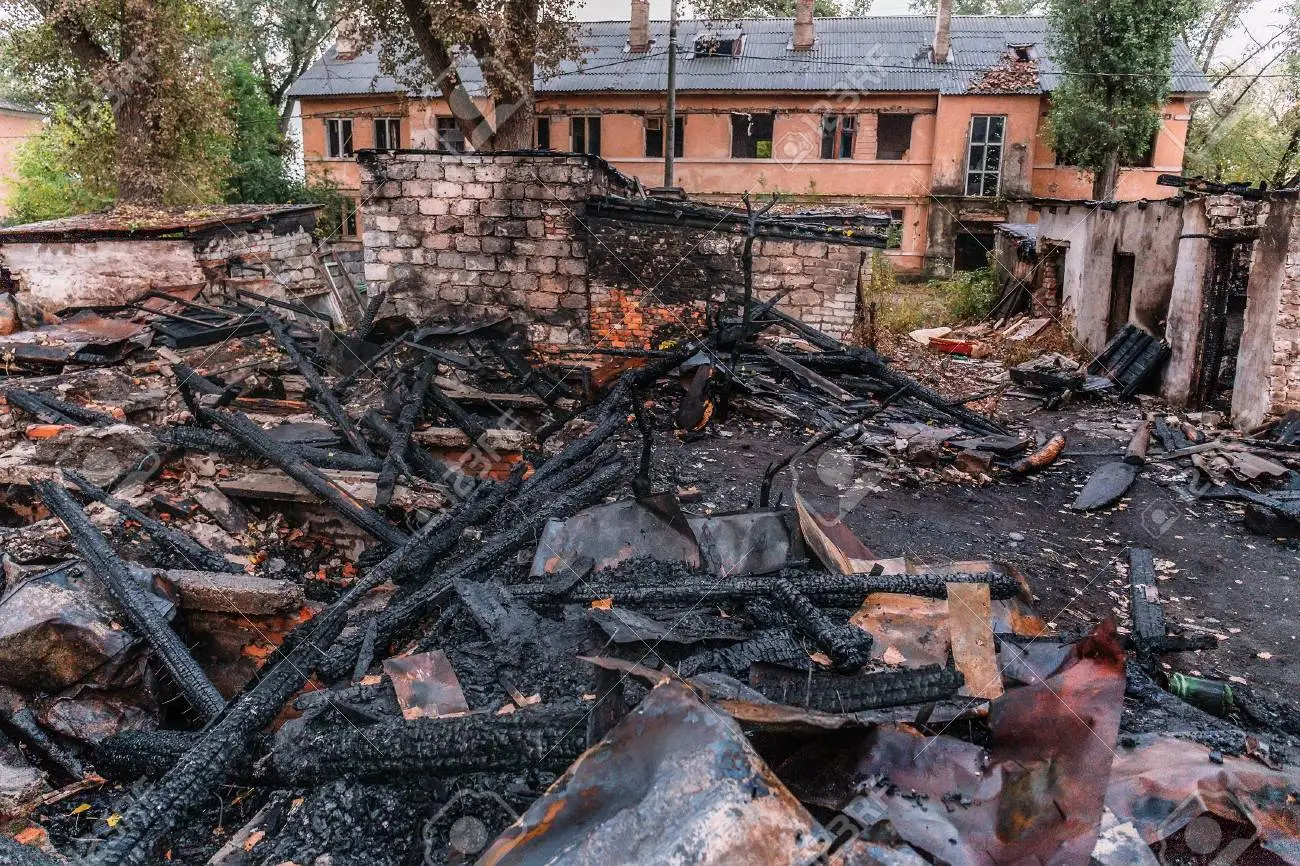Never Trust what the bank says about insuring a house loan. Never trust what the bank says about insuring on a house loan on fire insurance. Don’t take the bank for granted. Let us dive in, looking at two different scenarios. After signing the Sale and Purchase agreement with a developer with a ten percent […]
